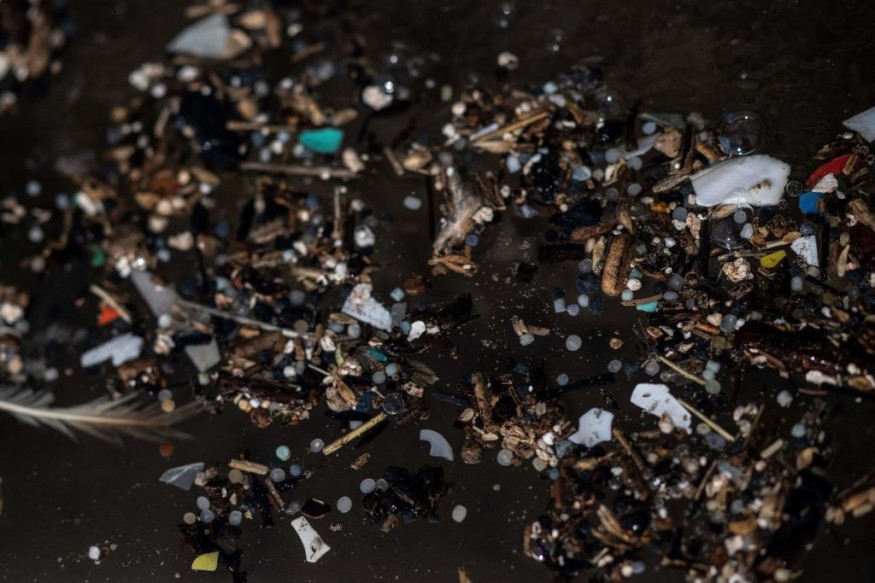
European Union negotiators reached a new agreement to treat sewage, which requires beauty companies to pay more to clean up microplastic pollution.
New Norms For Micropollutants
Under draft guidelines based on the "polluter pays principle," companies that sell pharmaceuticals and cosmetics will be required to contribute at least 80% of the additional expenses required to remove microscopic contaminants that contaminate urban wastewater.
The remainder will be paid for by governments, according to bloc members, in order to keep crucial products from becoming too expensive or scarce.
Despite the fact that microbeads from cosmetic items do not contribute significantly to microplastic pollution, they can be harmful to the environment when discharged into water bodies and are only partially prevented by wastewater treatment plants.
The EU's environment commissioner, Virginijus Sinkevičius, stated that the proposed measures will protect citizens from dangerous pharmaceutical and cosmetic wastes entering waterways.
"This will make our water cleaner and protect our health," he added.
The guidelines, which have been negotiated by the European Parliament and Council of Europe but are not yet legally enacted, bulk up requirements to remove nutrients from water and set new norms for micropollutants. This will also widen the scope of the law.
By 2035, EU member states will be required to remove organic matter from urban wastewater before discharging it into the environment in all towns with more than 1,000 inhabitants. And by 2045, all treatment plants that serve water to over 10,000 people must remove nitrogen and phosphorus.
According to the European Parliament, an additional step will be required to eliminate a "broad spectrum" of micropollutants.
A 2022 study reveals that 87% of products from the ten best-selling cosmetics brands contain microplastics. This includes all synthetic polymers, whether they are solid, liquid, semi-liquid, or water-soluble, as well as nanoplastics and biodegradable plastics.
Reduction Of Microplastic
Governments must also monitor sewage for microplastics, "forever chemical" per- and polyfluoroalkyl substances (PFAS), and important health indicators such as antimicrobial resistance.
However, member states have been slow to enforce current wastewater treatment regulations.
Last month, the European Commission referred Spain to the European Court of Justice for failing to follow existing wastewater regulations in 225 towns.
"The agreement we reached today is a breakthrough for significantly improved water management and wastewater treatment standards in Europe, particularly with new rules on removing micropollutants from medicines and personal care products," said Nils Torvalds, a Finnish MEP with the liberal Renew grouping in charge of the proposal.
In 2023, the European Commission adopted a REACH ban on microplastics intentionally introduced to products as well as a proposal for a regulation to avoid plastic pellet losses to the environment. These efforts will help to meet the Zero Pollution Action Plan's aim of reducing microplastic discharges by 30%.
The EU wants to reduce microplastic emissions by 30% by 2030. This will be achieved by minimizing plastic pollution, which degrades into microplastics, limiting the use of purposefully added microplastics to items and reducing inadvertent microplastic discharges.
Related Article : Microplastics Found in 75% of Fish Meant for Human Consumption: Is It Still Healthy to Eat Seafood?
© 2025 NatureWorldNews.com All rights reserved. Do not reproduce without permission.





